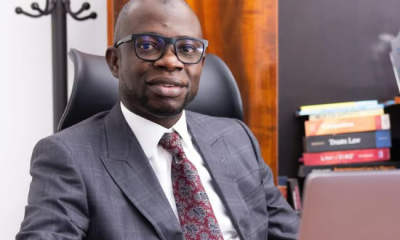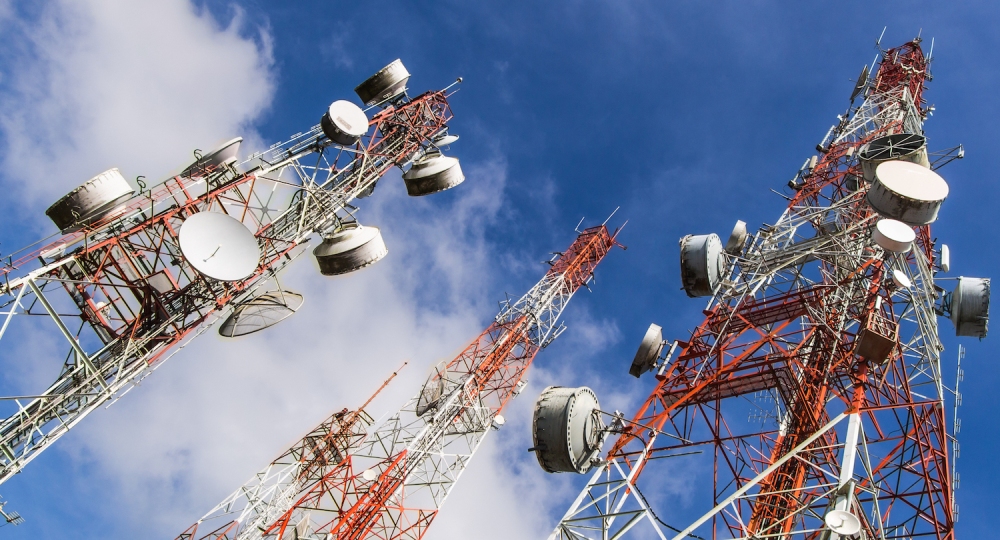Telecommunication services in the two South-Western States of Lagos and Ogun, and Rivers State are better than that of other states in the country because they had the largest concentration of telecommunications towers installed in Nigeria as of December 2021.
According to the industry data released by the Nigerian Communications Commission (NCC), these three states accounted for 21% of telecom infrastructure installed in the country, which stood at 49,579.
NCC says this was the combined infrastructure deployed by mobile and fixed operators as well as collocation and infrastructure companies as of December 2021.
Specifically, Lagos had the largest number of towers deployed as of December 2021, as it recorded 5,851 towers. Ogun State came second in terms of installed towers with 2,418, while Rivers State had 2,049.
READ ALSO: Telcos must resolve subscribers’ complaints within 30 days – NCC
The Federal Capital Territory (FCT) Abuja, was the fourth on the list of states with the largest telecom infrastructure. It had 1,944 towers, followed by Oyo and Edo States, which had 1,713 and 1,556 installed towers respectively.
The data also revealed that states such as Kebbi, Bayelsa, Ebonyi, Gombe, Yobem and Zamfara had the least number of telecom infrastructure in the country.
The quality of service received in an area depends on the number of towers in that area and their capacity.
Each tower has the capacity to serve a number of users, hence when too many phone users are on a particular tower, the network becomes congested, leading to poor quality of service.
Speaking on the telecoms infrastructure gaps in the country, the Executive Vice Chairman of NCC, Prof. Umar Danbatta said that both state and non-state actors are working towards bridging the gap through the implementation of the Nigerian National Broadband Plan (NNBP) 2020-2025, an initiative of the Federal Government, being driven by NCC and conceived to address infrastructure gaps in the telecom and ICT sector.
READ ALSO: NCC gets FEC approval to clear C-Band Spectrum for 5G deployment
“One of the identified gaps to robust connectivity was the fact that inadequate infrastructure remained a bane to achieving desired broadband penetration to boost access to services that will enhance economic growth and development. The Commission recognises the importance of infrastructure expansion and this explains its unequivocal commitment and desire to see the licensed Infrastructure Companies (InfraCos) work speedily and with precision to cascade fibre to the hinterland, in order to enhance robust telecom service provision,” he said.
He said the InfraCo licensees, expectedly, also prioritize stipulated licensing conditions to ensure expected milestones set by the Commission are achieved.
The EVC stated that the Commission’s target for licensing the infraCos was to ensure the deployment of fibre infrastructure needed for pervasive broadband penetration across the 774 local government areas (LGAs). This, he said, will ensure access to telecoms services in the hinterlands of the country, and by so doing address the challenges of access confronting the unserved and underserved areas of the country.

 Health & Fitness1 week ago
Health & Fitness1 week ago
 Aviation1 week ago
Aviation1 week ago
 Inspirational6 days ago
Inspirational6 days ago
 Featured5 days ago
Featured5 days ago
 Crime5 days ago
Crime5 days ago
 Featured5 days ago
Featured5 days ago
 Business4 days ago
Business4 days ago
 Editorial2 days ago
Editorial2 days ago

